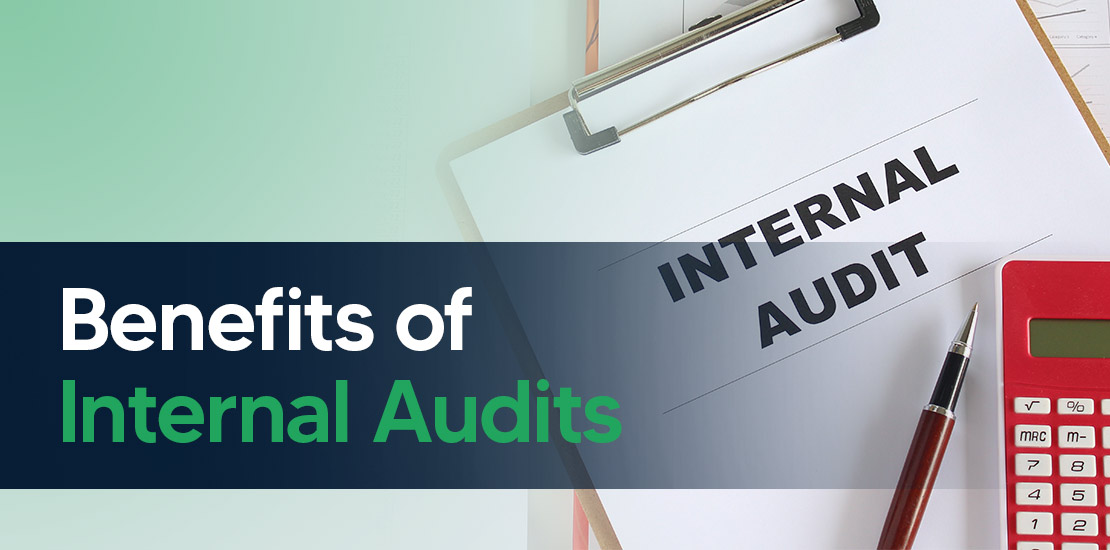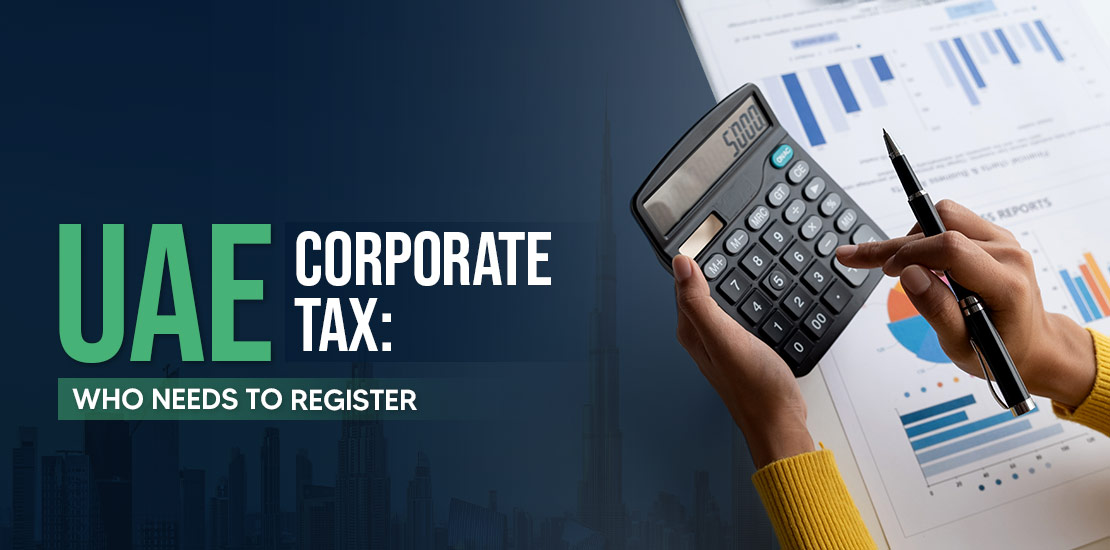The UAE has long been known as a tax-free business hub, attracting entrepreneurs and investors from across the globe. But over the years, things have changed – first with the introduction of Value Added Tax (VAT) in 2018, and then Corporate Tax in 2023. Even with these updates, the UAE still offers one of the lowest tax rates and most business-friendly environments in the world.
In 2026, businesses are still adjusting to the new Corporate Tax system. It’s becoming clear that simply following the rules isn’t enough – smart planning can make a big difference. By using the right tax-saving strategies, businesses can reduce their tax burden legally, keep more of their earnings, and plan for long-term growth.
So, here are some practical and effective tax-saving strategies for UAE businesses in 2026 to help you manage your taxes wisely and make the most of the UAE’s favourable tax system.
Overview of the UAE Tax System in 2026
The UAE’s tax system has become more structured in recent years. As of 2026, companies need to comply with three main types of taxes: Corporate Tax, Value Added Tax (VAT), Excise Tax, and the newly introduced Domestic Minimum Top-Up Tax (DMTT).
1. Corporate Tax:
Introduced in June 2023, the UAE’s Corporate Tax applies to business profits (exceeding AED 375,000) at a rate of 9%, making it one of the lowest in the world. The first AED 375,000 of taxable income is exempt, which helps small businesses and startups. Certain Free Zone companies may still enjoy 0% tax on qualifying income if they meet specific conditions.
2. Value Added Tax (VAT):
Implemented in 2018, VAT is charged at a standard rate of 5% on most goods and services. Some sectors, such as education, healthcare, and exports – may be zero-rated or exempt, depending on the nature of their transactions.
3. Excise Tax:
This tax applies to specific goods that are harmful to health or the environment, such as tobacco products, energy drinks, and sugary beverages. It aims to encourage healthier consumption habits and promote social responsibility.
4. Domestic Minimum Top-Up Tax (DMTT):
Starting June 2025, the UAE will introduce the Domestic Minimum Top-Up Tax (DMTT) to align with the OECD’s Pillar Two global minimum tax rules. Under this framework, large multinational groups with global revenues exceeding EUR 750 million will be required to pay a minimum effective tax rate of 15%.
If a UAE entity’s effective tax rate falls below 15%, the DMTT ensures the difference is collected locally rather than by another jurisdiction, keeping tax revenues within the UAE.
Top Tax Savings Strategies for the UAE Businesses for 2026
As UAE businesses continue to adjust to the new Corporate Tax and DMTT framework, smart planning has become essential. Here are the top tax-saving strategies UAE businesses can use in 2026:
1. Choose the Right Business Structure
Your company’s structure can make a big difference in how much tax you pay.
- Free Zone companies can still benefit from 0% Corporate Tax on qualifying income if they meet the conditions set by the UAE’s Ministry of Finance.
- Mainland businesses, on the other hand, are subject to a 9% Corporate Tax on profits exceeding AED 375,000, but can deduct legitimate business expenses.
Choosing the right setup based on your business model, clients, and operations can help you save significantly in the long run.
2. Make the Most of Small Business Relief
If your annual revenue is below the threshold specified by the UAE Corporate Tax law (currently AED 3 million until the end of 2026), you may qualify for Small Business Relief.
This allows eligible businesses to be treated as having no taxable income, meaning you won’t need to pay corporate tax. It’s one of the simplest yet most effective ways for SMEs to legally reduce their tax burden.
3. Keep Accurate Books and Claim Deductions
Every dirham counts when it comes to tax deductions. Businesses can deduct expenses that are “wholly and exclusively” incurred for generating taxable income, such as:
- Salaries and staff benefits
- Rent and utilities
- Marketing and advertising costs
- Depreciation of business assets
Keeping detailed and accurate financial records not only ensures compliance but also helps you claim every eligible deduction, reducing your taxable income.
4. Use Group Relief and Loss Carry-Forward
If your business is part of a group, you can transfer losses between group companies or offset past losses against future profits.
This “group relief” mechanism allows companies to reduce their overall taxable income within the group. Additionally, unused losses can be carried forward to future tax periods.
5. Review Cross-Border Transactions and DTAAs
If your business deals internationally, make sure you’re making use of Double Taxation Avoidance Agreements (DTAAs).
The UAE has signed DTAAs with 100+ countries, helping businesses avoid paying tax twice on the same income. Proper structuring of cross-border transactions, combined with transfer pricing compliance, can significantly reduce your global tax exposure while keeping you aligned with UAE tax laws.
6. Review Related Party Transactions
If your company has transactions with related parties (like parent companies, subsidiaries, or shareholders), ensure they are conducted at arm’s length prices – the same terms you’d use with an unrelated party.
Proper transfer pricing documentation helps you avoid penalties and ensures compliance with UAE Corporate Tax rules. It’s also a good opportunity to identify potential areas for tax efficiency within group transactions.
7. Take Advantage of R&D and Innovation Deductions
If your business invests in research, technology, or product innovation, keep track of all related expenses.
Many jurisdictions encourage innovation through tax incentives, and the UAE is increasingly supporting R&D-driven industries – particularly in technology, sustainability, and advanced manufacturing. Properly documenting these costs may help qualify for deductions or exemptions in the future as UAE tax regulations evolve.
8. Conduct Regular Tax Health Checks
Don’t wait for an audit to review your tax compliance. Conduct periodic tax reviews with a certified consultant to identify risks, missed deductions, or overpaid taxes.
A professional audit or review can uncover hidden savings opportunities and help your business stay fully compliant with the latest FTA and Ministry of Finance guidelines. This proactive approach can save you time, stress, and money.
9. Separate Personal and Business Expenses
Mixing personal and business finances is one of the most common tax mistakes. Keeping them separate not only makes accounting easier but also ensures that only legitimate business expenses are claimed as deductions.
Open dedicated business bank accounts and use accounting software to track transactions – this simple step can help you avoid compliance issues and maximise allowable deductions.
10. Get Expert Consultation and Tax Planning Support
Even with the UAE’s straightforward tax system, understanding all the rules, reliefs, and exemptions can be challenging – especially as new regulations like the Domestic Minimum Top-Up Tax (DMTT) come into play. This is where expert guidance can make a big difference.
Partnering with experienced consultants such as Shuraa Tax ensures your business remains 100% compliant while taking full advantage of every possible tax-saving opportunity. Their team of certified tax advisors, accountants, and auditors can:
- Identify deductions and exemptions you might overlook.
- Help you structure your business for maximum tax efficiency.
- Manage VAT, Corporate Tax, and DMTT filings accurately.
- Offer ongoing support to stay updated with new FTA guidelines.
Why Tax Planning is Essential for UAE Businesses
Gone are the days when companies could simply rely on a “tax-free” system – now, smart financial planning is key to staying compliant while maximising profits.
- Reduce Tax Liabilities Legally: Proper tax planning helps you take advantage of exemptions, deductions, and reliefs available under UAE law, allowing you to minimize your tax payments without breaking any rules.
- Improve Cash Flow and Profitability: By forecasting your tax obligations in advance, you can manage your cash flow more efficiently and ensure your business retains more working capital for growth and operations.
- Avoid Penalties and Compliance Issues: Late or incorrect filings can result in hefty fines from the Federal Tax Authority (FTA). Planning ahead ensures your returns are accurate and submitted on time, keeping you fully compliant.
- Support Business Growth: When your taxes are well-managed, you gain better visibility into your company’s finances. This helps in making informed decisions about investments, expansion, and reinvestment opportunities.
- Adapt to Changing Regulations: The UAE’s tax landscape is evolving quickly, and what worked last year may not work this year. Regular tax reviews and planning help businesses stay aligned with the latest laws and benefit from new reliefs or incentives.
How Shuraa Tax Can Help Your Business Save More in 2026
The UAE’s tax rules are changing, and 2026 is a key year for businesses to get their tax planning right. With Corporate Tax, VAT, and the new Domestic Minimum Top-Up Tax (DMTT), it can feel complicated, but a smart plan can reduce your taxes legally, improve cash flow, and help your business grow.
This is where Shuraa Tax can help. With a team of certified tax advisors, accountants, and auditors, Shuraa Tax provides end-to-end support for your business:
- Designing personalised tax strategies to maximise savings
- Ensuring full compliance with UAE tax laws
- Handling corporate tax, VAT, and DMTT filings efficiently
- Keeping you updated on new regulations and reliefs
With Shuraa Tax by your side, you can focus on running and growing your business, knowing your taxes are handled smartly. Start planning today and turn tax compliance into a tool for saving and growth.
📞 Call: +(971) 44081900
💬 WhatsApp: +(971) 508912062
📧 Email: info@shuraatax.com
Commonly Asked Questions
1. What is the corporate tax rate in the UAE in 2026?
The standard corporate tax rate is 9% on taxable profits above AED 375,000. Certain Free Zone companies may still benefit from 0% tax on qualifying income.
2. What is the Domestic Minimum Top-Up Tax (DMTT)?
DMTT ensures that large multinational groups with global revenues over EUR 750 million pay a minimum 15% effective tax rate. It applies if a UAE entity’s effective tax is below this threshold.
3. Can small businesses reduce their corporate tax?
Yes. Eligible small businesses may qualify for Small Business Relief, which can exempt them from paying corporate tax on income below the threshold.
4. Which expenses can UAE businesses deduct to reduce taxes?
Businesses can deduct expenses wholly and exclusively used for generating income, such as salaries, rent, utilities, marketing, and depreciation of assets.
5. How can Free Zone companies save on taxes?
Many Free Zones offer 0% corporate tax on qualifying income if businesses meet specific conditions set by the UAE Ministry of Finance.













